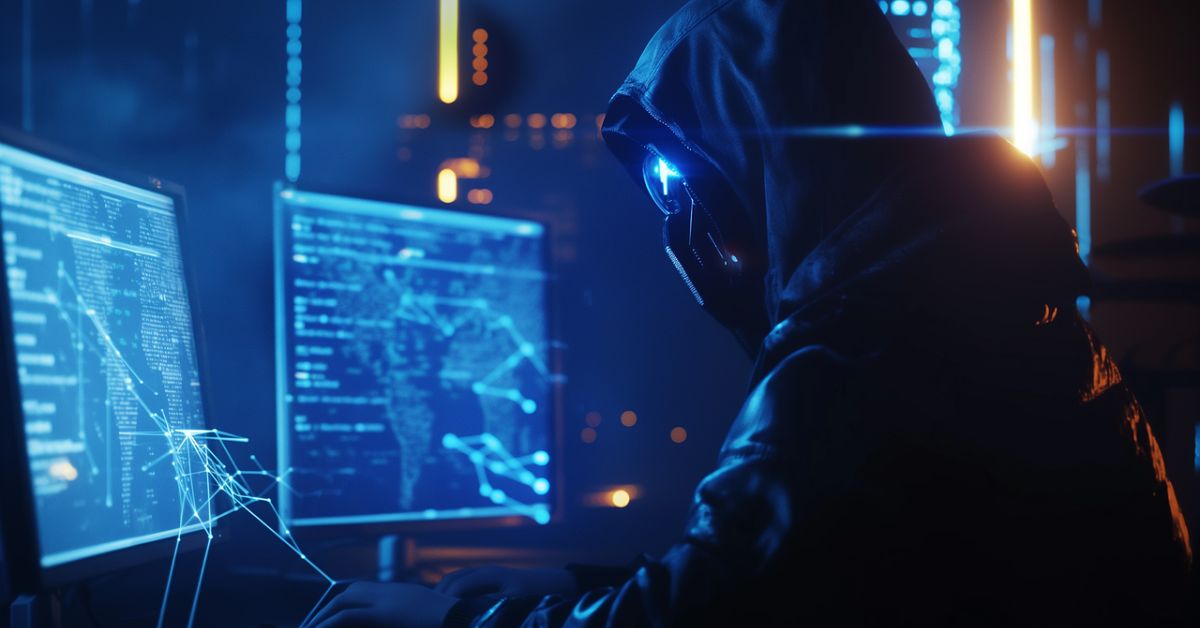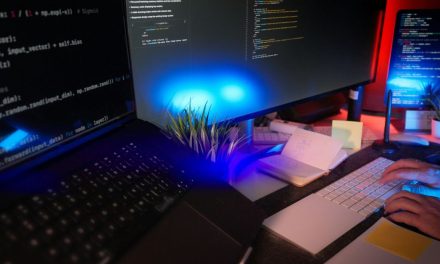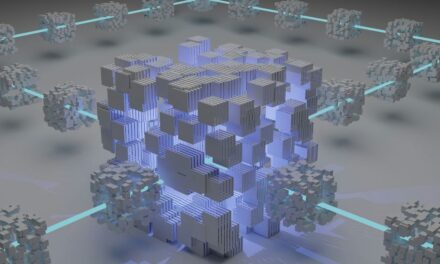Cybersecurity is fundamentally shaping the future of work by acting as the essential enabler of the modern, flexible “work-from-anywhere” model, redefining corporate culture around digital trust, and creating a massive demand for a new generation of resilient, security-conscious skills.
As of September 5, 2025, the future of work is already here. For countless businesses in Rawalpindi and across Pakistan, the rigid, office-centric model of the past has been replaced by a dynamic hybrid of remote and in-person collaboration. This entire transformation—the freedom, the flexibility, the global talent pools—is built on a foundation of cybersecurity. Without it, the modern workplace could not exist.
1. It is the Enabler of the “Work-from-Anywhere” Model
The single greatest impact of cybersecurity on the future of work is that it makes it possible. The ability for an employee to securely access sensitive corporate data from their home, a co-working space, or anywhere else in the world is a security challenge first and a logistical one second.
- The Shift to Zero Trust: The old security model was tied to a physical location (the office). The future of work is location-independent, which has forced the adoption of a Zero Trust security architecture. This security-driven shift is what enables the modern work model. It ensures that every employee, on any device, from any network, can be securely verified before accessing corporate resources.
- Empowering a Global Workforce: For the thriving freelance and remote work economy in Pakistan, cybersecurity is the great equalizer. Secure collaboration tools and encrypted communication channels allow a developer in Rawalpindi to work seamlessly and safely with a client in Dubai, effectively dissolving geographical barriers to employment.
2. It is Redefining Trust and Corporate Culture
In a remote or hybrid environment, the traditional methods of management and oversight are no longer effective. In their place, a new culture built on digital trust must emerge, with cybersecurity at its core.
- From Surveillance to Responsibility: The future of work moves away from a culture of physical surveillance to one of shared responsibility. Cybersecurity is no longer just the IT department’s job; it becomes a core competency for every single employee. A strong security culture, where every remote worker sees themselves as a “human firewall,” is the new foundation of corporate trust.
- Privacy as a Talent Magnet: The technologies used to secure a remote workforce can also be used to monitor them. The companies that will win the future war for talent are those that use cybersecurity to enable their employees, not to spy on them. A corporate culture that respects employee privacy and is transparent about its security monitoring practices will be a more attractive place to work.
3. It is Creating a New Generation of In-Demand Skills
The future of work requires a new kind of digital literacy, with cybersecurity skills at its heart.
- Cybersecurity as a Core Competency: Basic cybersecurity knowledge is no longer a specialized skill; it is becoming a required competency for all knowledge workers, much like proficiency with office software. Every employee needs to be able to spot a phishing email, use a password manager, and understand their role in protecting company data.
- The Exploding Demand for Specialists: The cybersecurity profession itself is one of the fastest-growing and most in-demand fields in the world. The skills gap is a major challenge, creating immense opportunities for individuals in Pakistan to pursue stable, high-paying careers in roles like security analysis, ethical hacking, and cloud security.
4. It is Driving the Adoption of New Technologies
The security demands of the modern, distributed workplace are a major driver of technological innovation.
- Cloud-Native Security: The shift to remote work has accelerated the adoption of cloud-based security platforms (Security Service Edge or SSE) that are designed to protect users and data regardless of their location.
- AI-Powered Defense: The complexity of securing thousands of remote endpoints has made AI and automation essential. These technologies are being deployed to monitor for threats and contain breaches at machine speed, making a secure remote work environment scalable and manageable.





